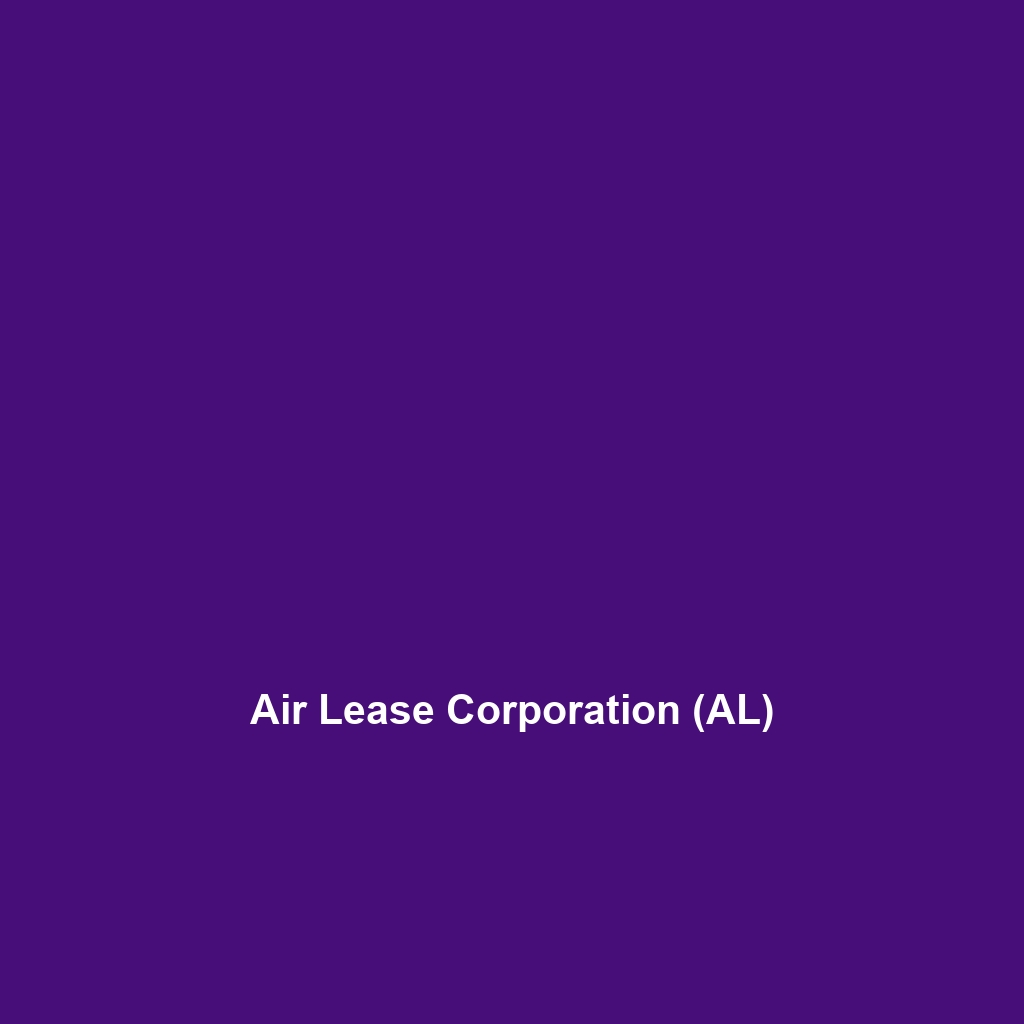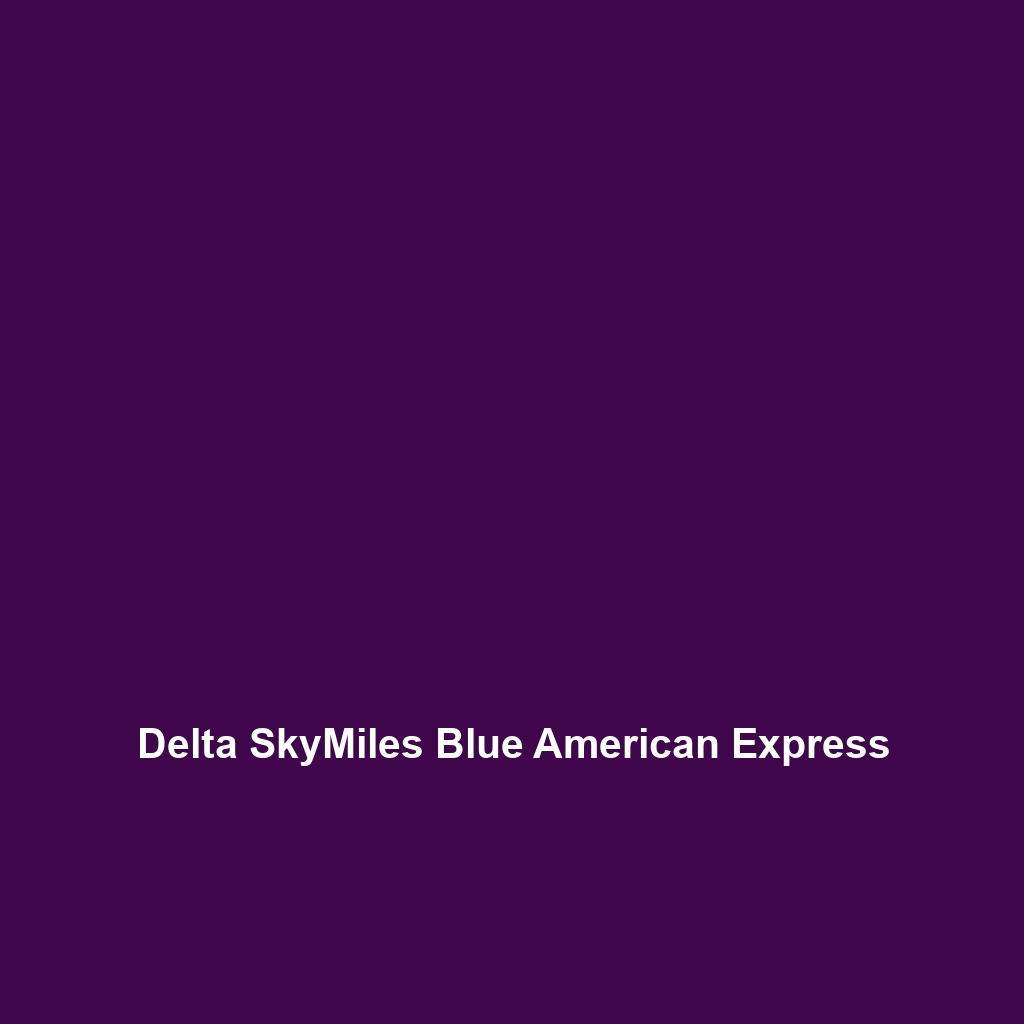Your cart is currently empty!
Tag: fleet modernization

J.B. Hunt Transport Services, Inc. (JBHT)
Summary
J.B. Hunt Transport Services, Inc. (NASDAQ: JBHT) is one of the largest transportation and logistics companies in North America. Founded in 1961 and headquartered in Lowell, Arkansas, JBHT operates multiple service segments, including intermodal, dedicated, and logistics services, providing a comprehensive suite of solutions for a wide range of customers. With a strong focus on innovation and efficiency, J.B. Hunt remains committed to sustainable practices and harnessing technology to enhance operational productivity.
News
Recently, J.B. Hunt announced its expansion into electric truck utilization to reduce emissions and improve efficiency in its freight operations. The company has also begun to incorporate advanced data analytics to optimize its logistics services. In the latest quarterly earnings report, JBHT highlighted a significant increase in revenue and profitability, attributed to a surge in e-commerce demand and effective execution of its intermodal strategy. The company is poised to leverage its robust infrastructure to capture more market share amid changing consumer habits.
Research
Investors and analysts closely monitor J.B. Hunt’s strategies and market performance. Research indicates that the company’s investments in technologyâ€â€Âsuch as its proprietary software solutionsâ€â€Âhave greatly enhanced its operational efficiency. Studies show that J.B. Hunt has reduced transit times and improved delivery accuracy, leading to heightened customer satisfaction. Analysts recommend JBHT as a strong buy, highlighting its consistent performance, experienced management, and strategic positioning in the growing logistics sector.
Charts
J.B. Hunt’s historical stock performance shows steady growth over the last decade, with significant upward trends correlating with the increase in e-commerce and logistics demand. Analysts use various charting tools to track the company’s movements, with indicators such as moving averages and volume trends often pointing toward bullish patterns. Investors are encouraged to monitor these charts regularly to gauge market sentiment and potential investing opportunities in JBHT.
Community
J.B. Hunt is not only focused on business success but also on community engagement. The company actively participates in philanthropic initiatives, including educational programs and disaster relief efforts. Through its “J.B. Hunt Charitable Fund,” it supports local communities by funding various projects and organizations aimed at enhancing education, promoting workforce development, and fostering environmental sustainability. The company’s commitment to community service aligns with its broader mission of responsible corporate citizenship.
Statistics
- Market Cap: 14 billion,
- P/E Ratio: 22.35,
- Dividend Yield: 0.90%,
- 52-Week Range: 150.00 – 200.00,
- Average Volume: 1.5 million shares
Financials
- Revenue: 12 billion,
- Net Income: 1 billion,
- Cash Flow: 800 million
Historical Data
Historically, J.B. Hunt has shown resilience and adaptability, responding effectively to market changes. The company’s stock price has experienced fluctuations typical of the transportation sector, influenced by broader economic trends, fuel prices, and regulatory changes. Despite these challenges, J.B. Hunt has maintained a strong financial position, allowing for continued investments in technology and fleet expansion. Historical data from the last five years indicates an overall upward trajectory in stock valuation.
Profile
J.B. Hunt Transport Services, Inc. operates in three primary segments: intermodal, dedicated contractual services, and logistics. The intermodal division utilizes a combination of rail and truck services, making it a leader in the market for intermodal freight transportation. The dedicated segment focuses on providing tailored solutions for customers, while logistics services encompass freight management and brokerage operations. This diversified approach allows J.B. Hunt to mitigate risks and seize opportunities across different sectors.
Analysis
Analysts typically assess J.B. Hunt’s performance through various lenses, including profitability ratios, operational metrics, and market growth potential. The company has demonstrated a strong return on equity and a commitment to maintaining competitive margins despite rising operational costs. Moreover, the increasing adoption of technology in logistics and freight management positions J.B. Hunt favorably against competitors, signaling continued growth in market share and revenue generation.
Options
J.B. Hunt offers various options for investors looking to leverage market movements. The options market for JBHT is characterized by a healthy volume of calls and puts, allowing traders to hedge positions or speculate on future performance. Investors should keep abreast of the company’s earnings reports and industry trends, as these events can significantly influence option pricing and strategy effectiveness.
Holders
Institutional investors hold a significant portion of J.B. Hunt’s shares, reflecting the company’s strong fundamentals and growth potential. These holders often contribute to the company’s performance by influencing the corporate governance landscape and strategic direction. Regular engagement from institutions signals confidence in the firm’s trajectory and the efficacy of its business model.
Sustainability
J.B. Hunt is committed to sustainability, prioritizing practices that reduce environmental impact while maintaining operational efficiency. The company invests heavily in fleet modernization, aiming to lower carbon emissions through advanced technologies and renewable fuel sources. Additionally, J.B. Hunt participates in various sustainability programs aiming to educate and implement eco-friendly practices across the logistics and transportation sectors.
Key Executives
- CEO: Unknown
Top Institutional Holders
- Vanguard Group,
- BlackRock,
- Fidelity
For more detailed insights on J.B. Hunt Transport Services, Inc. (JBHT) and tools for managing investments, you can visit UpCubeMoney.com.

